Indigenous Ancestral Knowledge in the Amazon Rainforest
Three short films that highlight the importance of ancestral knowledge as a solution to deforestation and conservation in the Amazon Rainforest. [23:15]
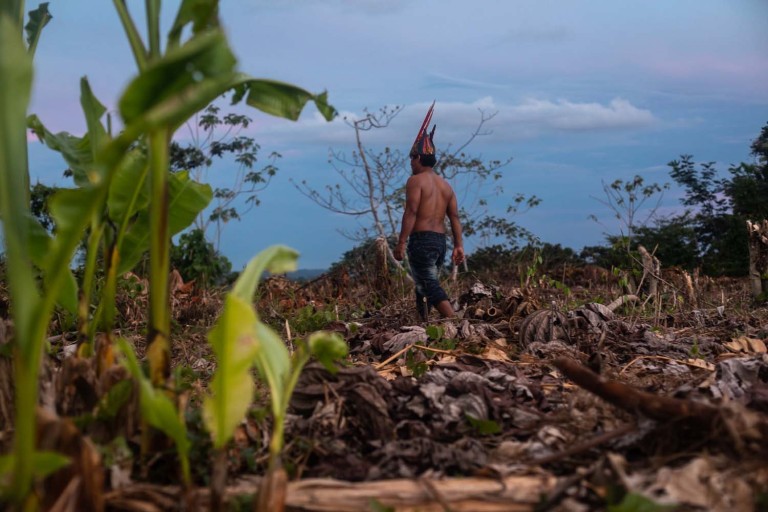
Wildfires may grab headlines but indigenous peoples and local communities who depend the Amazon face many different threats. Not only are their territories targeted for illegal extractive activities such as gold mining and deforestation but without clear land titles their situation remains legally precarious. But more than this – indigenous peoples and local communities offer […]
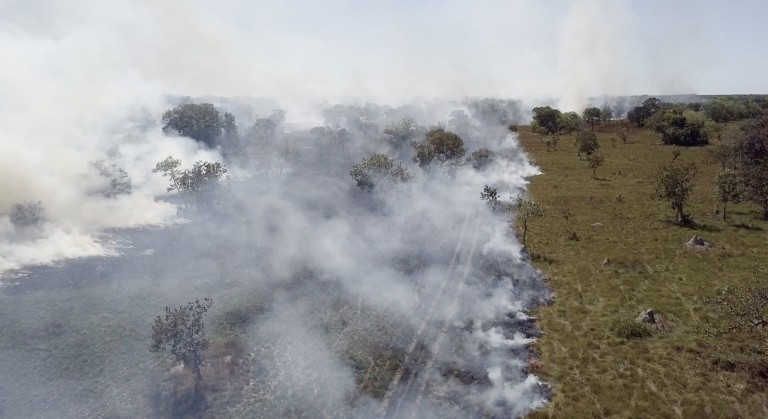
Wildfires are increasing in their frequency and ferocity worldwide – they consume forests and destroy lives. Is there a more effective way to fight them? Fighting fire with fire Traditional fire management practices hold many answers. Controlled fires, which were widely banned by colonialist authorities, had long been used by indigenous peoples to maintain their […]
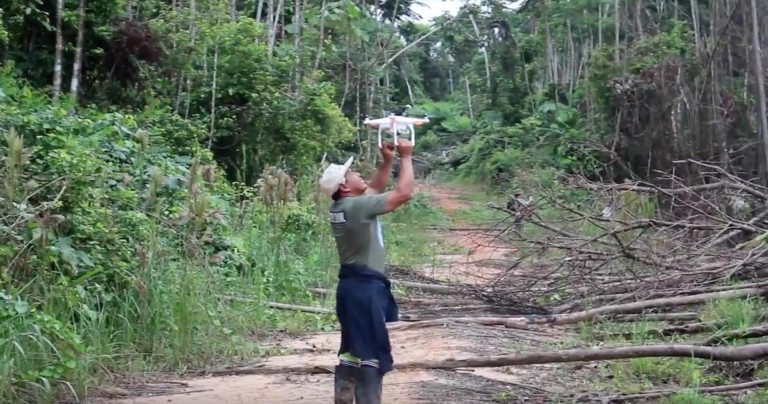
Roberto, Teofilo and the Shipibo Conibo community have been managing their forest for decades. Using an innovative forest monitoring system that incorporates traditional foot patrols and the latest technology-including GPS, smart phone applications, satellite-generated deforestation alerts and drones. These tools have have allowed the community monitors, alongside government officials, to locate and identify land invaders, illegal loggers, and increasingly, the illicit cultivation of coca and drug trafficking activities in their ancestral territory. They face threats from invading colonialists, in 2012 community member, Eliseo Picón was killed; Roberto and Teofilo continue to receive death threats.
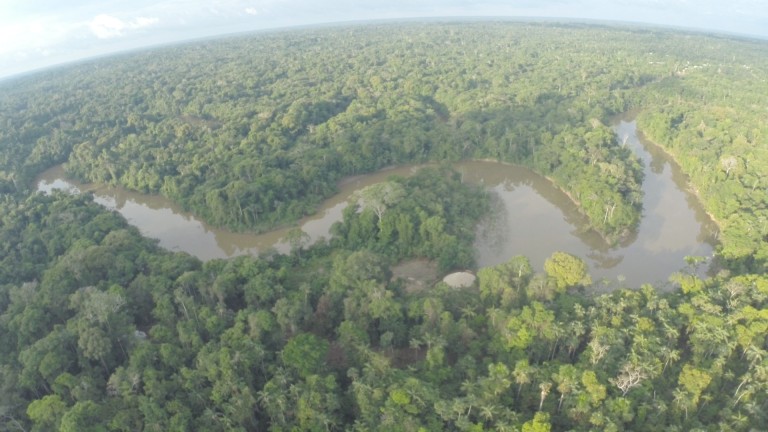
Having lived for millennia in the forests of the ‘Amazonian Trapezoid’, today the Amacayacu National Park, indigenous communities there are now treated as an obstacle to conservation. Their rights have been systematically violated since the National Park was created in 1975.In April 2015 the Ministry of Commerce, Industry and Tourism signed an agreement to carry out the construction of a tourist trail, but without previous consultation of local communities. This infrastructure project would include the construction of extensive walking routes and amenities along an 8km route through pristine forest, communities and rivers.The Tikuna, Yaguas and Cocamas who live in San Martín de Amacayacu have denounced the violation of their right to free, prior and informed consent. As such they have urged the Colombian government to stop the construction activities and carry out the consultation process.
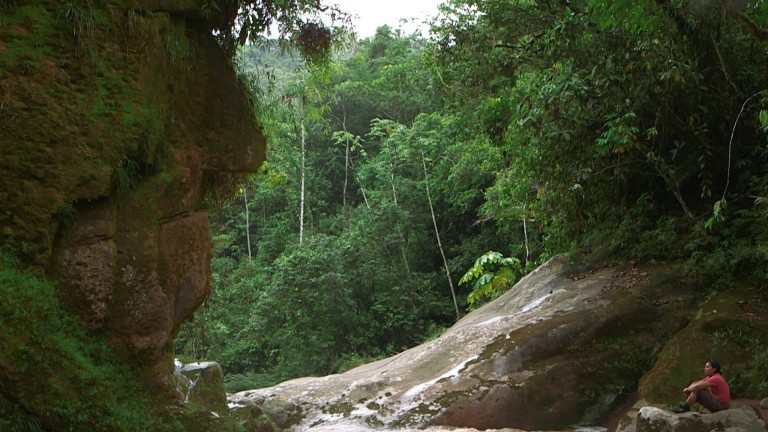
Indigenous Haramkbut leaders lead journey to rediscover ancient sacred site to connect with their cultural past and protect their future.
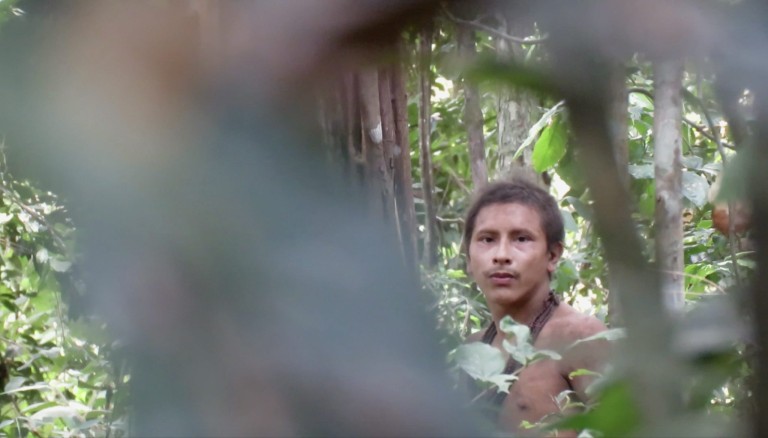
Indigenous filmmakers from Midia India release documentary alerting to the grave situation faced by their uncontacted relatives the Awá Guajá, from the Araribóia indigenous territory, one of the most endangered in the Amazon. The Awá Guajá depend intrinsically on the forest for survival – for hunting, for gathering, for water. However, the forest in the […]
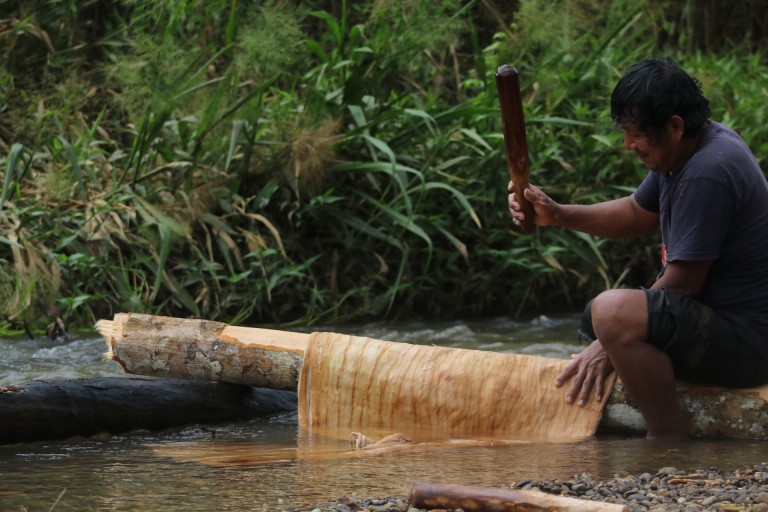
For centuries, the Sapara people of the Ecuadorian Amazon made their clothes from the resistant and natural fabric that the forest grows for them. As people have become more used to commercial clothing, this tradition has been increasingly neglected. By stripping the bark from the tree and beating it to soften the fibres, they tame […]
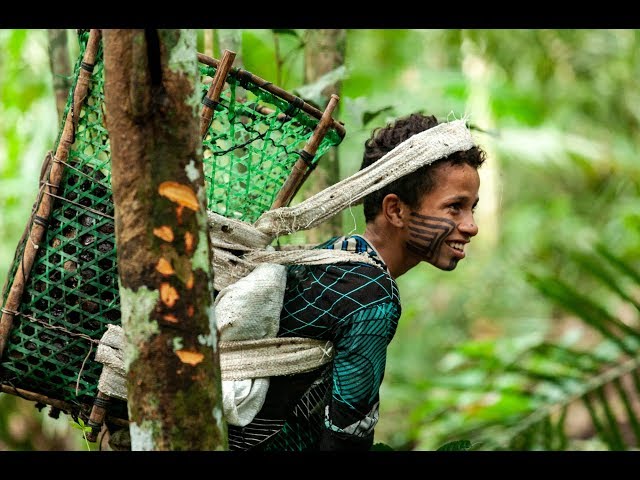
Terra do Meio in it’s fifth year brings together indigenous and local communities. The network of cantinas is able to supply traditional produce from the Amazon in a way that supports local communities and protects the forest. The Xipaya, Curuáya, Xikrin, Yudjá and Arara peoples joined by the banks of the Rio Xingu Extractive Reserves, […]

The Brazil nut has always been a centerpiece of Wai Wai food culture. With the organization of the production chain, it has become a driver that is transforming lives and reinforcing the protection of a territory afflicted by invaders. Find out more here.